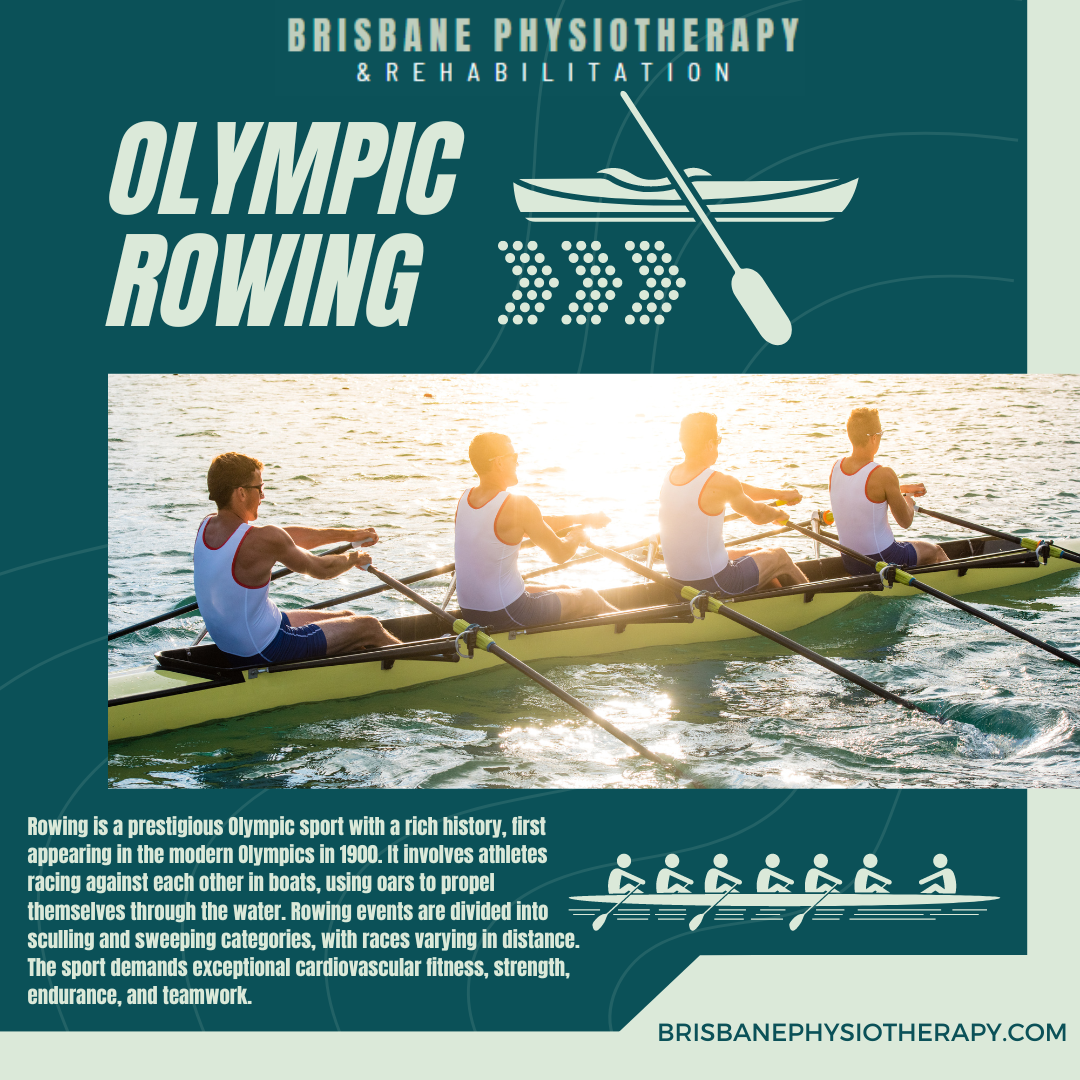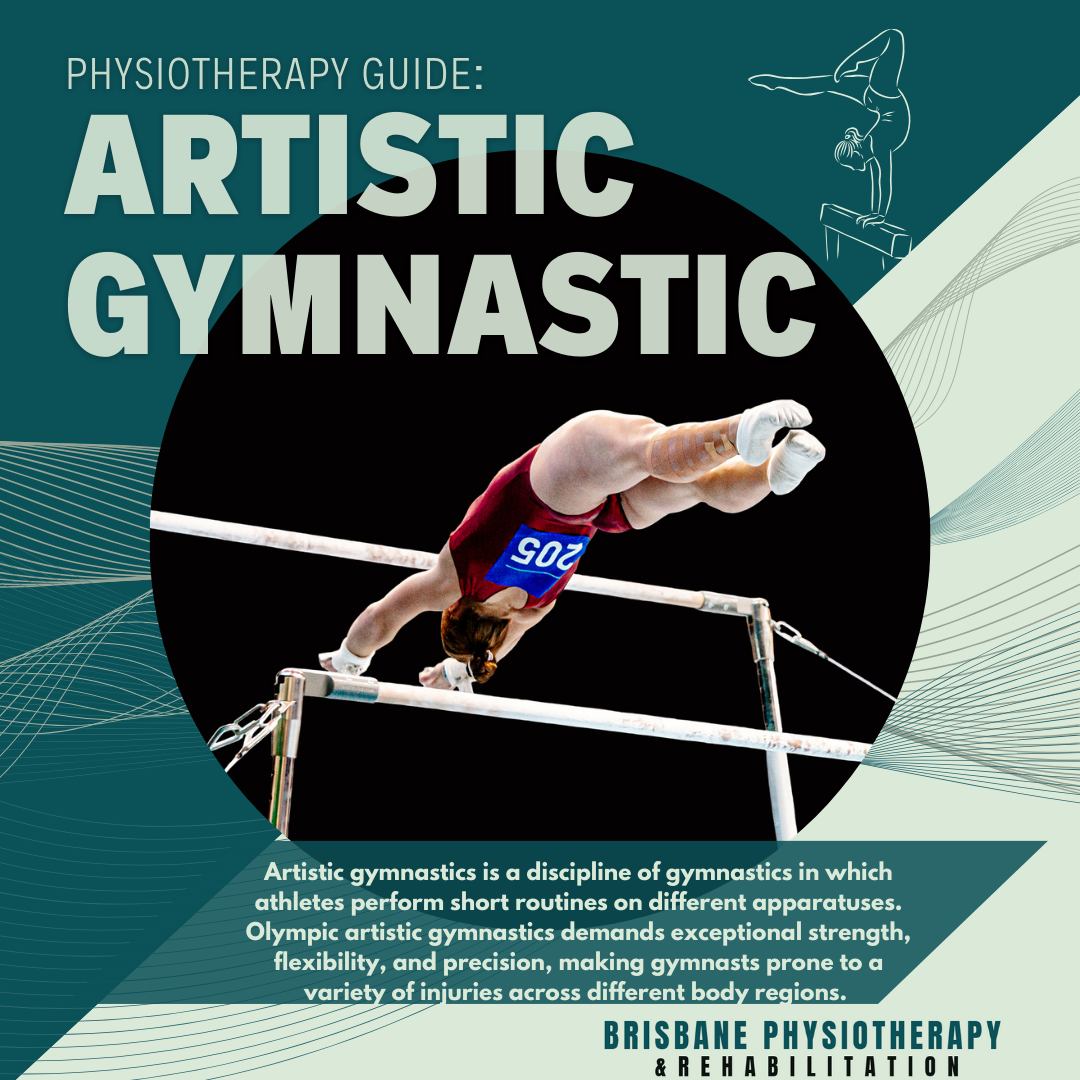
News & Articles

Common Injuries in Taekwondo
Taekwondo is a high-impact, fast-paced martial art that involves a combination of kicks, punches, and rapid movements. The intense physical demands and explosive techniques of the sport lead to a variety of injuries across different body regions. Understanding these injuries by body region is essential for effective injury management and prevention in Taekwondo.

Common Injuries in Water Polo
Water polo is a physically demanding sport that combines elements of swimming, wrestling, and basketball in a pool environment. Players engage in intense physical contact, rapid swimming, and repeated explosive movements, which can lead to specific types of injuries across different body regions. Understanding these injuries by body region is crucial for effective injury management and prevention in water polo.

Common Injuries in Table Tennis
Olympic Table Tennis is a high-speed sport that requires agility, quick reflexes, and precision. Despite being a non-contact sport, the repetitive and explosive movements in table tennis can lead to various injuries. Understanding these injuries by is essential for effective injury management and prevention in table tennis.

Common Injuries in Sailing
Sailing (Olympic sport) involves competitive racing using sailboats, focusing on strategic sailing and physical fitness.
Common injuries include traumatic injuries (fractures, sprains), overuse injuries (tendinitis, low back pain), and dermatological issues (sunburn, windburn).
Physiotherapy management includes acute care with RICE, rehabilitation focusing on biomechanical correction and strength training, and preventive care for dermatological issues.

Common Injuries in Shot Put
Shot Put is a track and field event that involves throwing a heavy spherical object.
Common injuries in shot put include shoulder, elbow, wrist, hand, back, knee, and hip injuries.
Physiotherapy Management includes:
- Acute Phase: Typically involves rest, ice, compression, elevation (RICE), pain management, and bracing.
- Rehabilitation Phase: Focuses on restoring range of motion, strengthening specific muscle groups, proprioception, and gradual return to sport-specific activities

Common Injuries in Sport Climbing
Common injuries in sport climbing involve fingers, shoulders, elbows, wrists, and ankles due to the repetitive and high-stress nature of the sport.
Physiotherapy management focuses on acute injury treatment (RICE), pain management, and rehabilitation through targeted strengthening, proprioception training, and gradual return to climbing to prevent recurrence and promote recovery.

Common injuries in Triple Jump
Common Injuries: Include tendon injuries (Achilles and patellar tendonitis), muscle strains (hamstrings and quadriceps), ligament injuries (ankle and knee sprains), bone stress injuries (stress fractures), and lower back pain.

Common Injuries in Olympic Rowing
Rowing is a prestigious Olympic sport with a rich history, first appearing in the modern Olympics in 1900. It involves athletes racing against each other in boats, using oars to propel themselves through the water. Rowing events are divided into sculling and sweeping categories, with races varying in distance. The sport demands exceptional cardiovascular fitness, strength, endurance, and teamwork.
Common Physiotherapy Injuries
Due to the repetitive and strenuous nature of rowing, athletes are prone to various injuries.

Common Injuries in Artistic Gymnastics
Artistic gymnastics is a discipline of gymnastics in which athletes perform short routines on different apparatuses. Olympic artistic gymnastics demands exceptional strength, flexibility, and precision, making gymnasts prone to a variety of injuries across different body regions.

What is Cyclical Vomiting Syndrome? : How Brisbane Physiotherapy Can Help
Cyclical Vomiting Syndrome (CVS) is a challenging and often misunderstood condition characterised by recurrent, severe episodes of vomiting that can last for hours or even days. These episodes are interspersed with symptom-free periods, making CVS a disruptive and unpredictable disorder. At Brisbane Physiotherapy, we recognise the complexities of CVS and offer supportive treatments to help manage this condition effectively.